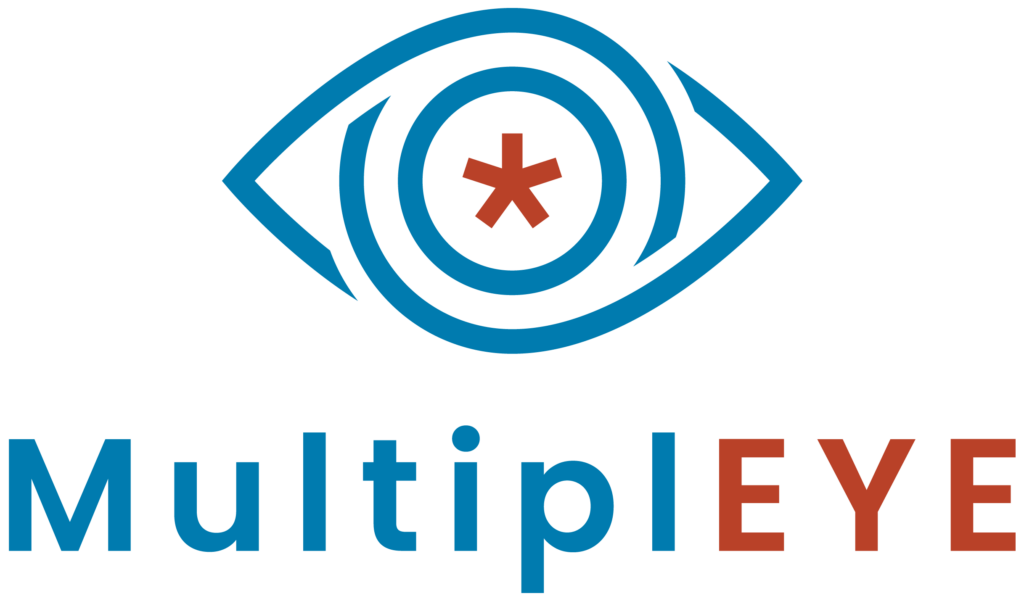About
We are excited to announce the launch of a new recurring meeting dedicated exclusively to computational psycholinguistics. The field has seen significant growth in recent years, not only due to developments in large language models but also through advances in symbolic processing models, Bayesian approaches, mechanistic models, and frameworks like ACT-R. These diverse models aim to capture various aspects of human language processing, including semantics, syntax, sentence comprehension, speech, and more.
This meeting aims to provide a dedicated platform for researchers and practitioners to discuss computational models that explain and predict human behavior in psycholinguistic experiments, bring together experts from different subfields to advance our understanding of language processing mechanisms, and analyze the successes and limitations of different modeling approaches.
We welcome contributions on any topic related to computational psycholinguistics, including both novel work and recently published research.
The meeting will cover a range of topics, including but not limited to:
◦ Exploring how models such as symbolic, Bayesian, connectionist, ACT-R, and others can explain and predict human behavior in language tasks.
◦ Analyzing where different types of models succeed or fall short in capturing human language processing.
◦ Investigating what linguistic information should be integrated across different levels (words, sentences, discourse) and how this affects comprehension and production.
◦ Examining the potential of models that combine neural and symbolic approaches to better mimic human language processing.
◦ Applying computational, algorithmic, and implementational levels of analysis to understand psycholinguistic phenomena.
◦ Focusing on recent developments in computational modeling of semantics, syntax, sentence processing, speech perception, production, and language acquisition.
An example of what this meeting might look like is the computational psycholinguistics symposium that took place at MathPsych/ICCM in the summer of 2024.



